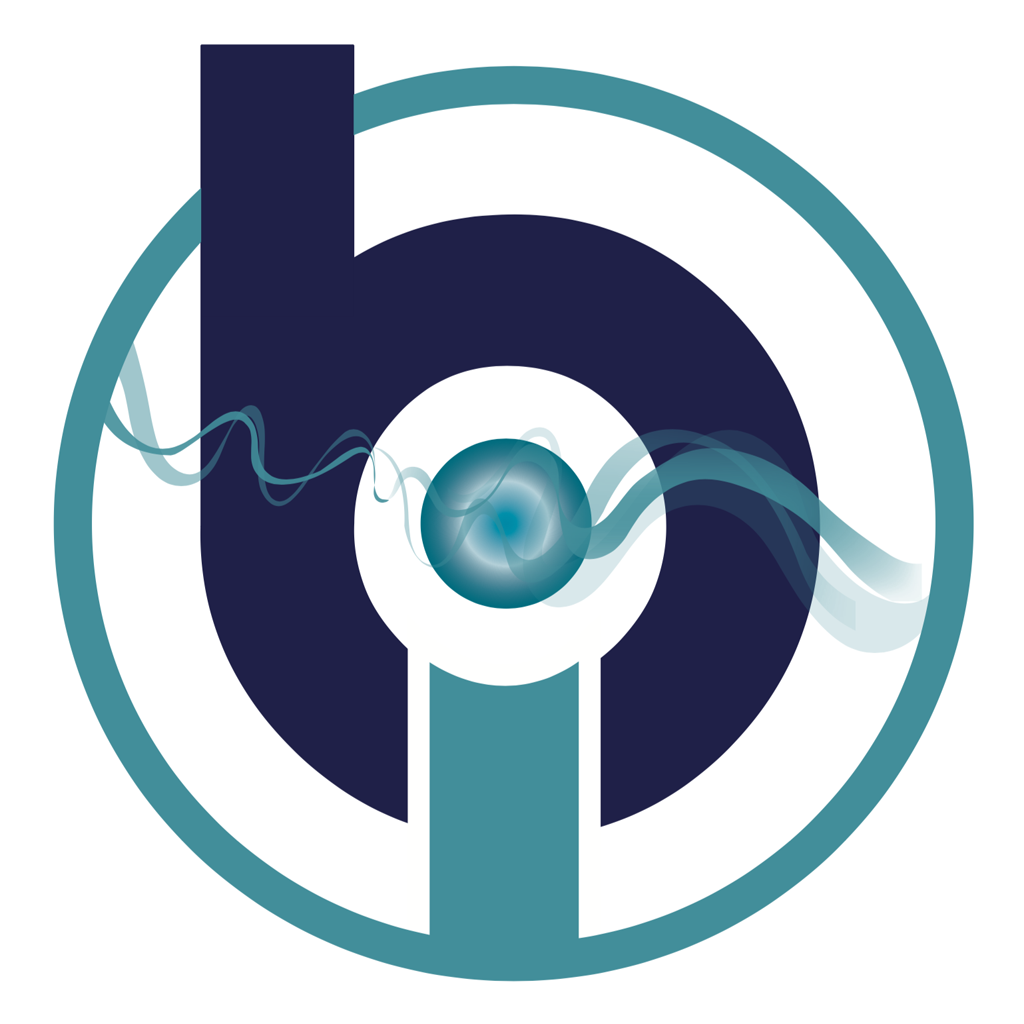
Rheumatic disorders are a family of diseases that affects a patient’s joints, as well as the connective tissue around the joints. There are more than 100 different types of Rheumatic Disorders, as reported by Everyday Health. Many types of arthritis also form part of the Rheumatic family of disorders, such as Rheumatoid Arthritis. The American College of Rheumatology reports that there are more than one million adults in the United States suffering from Rheumatoid Arthritis. There are also more than 200,000 people that suffer from Juvenile Arthritis in the country. Both of these types of arthritis are known as Rheumatic Disorders. They also report that the most common types of Rheumatic disorders include:
- Rheumatoid Arthritis
- Gout
- Systemic Sclerosis
- Polymyalgia Rheumatica
- Giant Cell Arteritis
- Fibromyalgia
- Carpal Tunnel Syndrome
- Spondylarthritides
- Juvenile Arthritis
- Systemic lupus erythematosus
Diagnosis of Rheumatic Disorders
The family of Rheumatic disorders are known to attack joints and muscles, as well as the tissue around joints. Some of these diseases occur as a result of problems with the immune system, while others occur as a result of wear and tear. Diagnosing the specific condition affecting an individual is the first step to seeking treatment. Once diagnosed, a doctor can determine the severity of the condition and work out a treatment plan.
There are several symptoms associated with different types of Rheumatic disorders. While every condition is different from the other, they all cause pain in either the patient’s joints or muscles. Swelling and inflammation are also commonly found in patients suffering from such a disorder, as well as stiffness and a warm feeling when the affected area is touched.
Once diagnosed, a patient is usually referred to a rheumatologist. This is a doctor who specialises in Rheumatic disorders and can better assist the patient to manage their condition, as reported by WebMD.
Treatment Options
A rheumatologist usually works closely with each patient in order to determine the best treatment plan for their specific condition. Many of these conditions can damage cartilage and joints, which could affect the person’s ability to work and conduct daily activities. Thus a specialised treatment plan needs to be produced for every patient in order to target and treat their condition and the severity of their condition.
Several treatment options can be used to treat these conditions. Doctors will usually suggest that patients make several lifestyle changes in order to assist with managing and treating their condition. This could include changing to a healthier diet, getting some much-needed rest and properly managing stress levels. All of these factors have an effect on the diseases, so changing your lifestyle this way can help avoid further damage.
There are also a large number of medicated treatment options available. These medications provide relief of pain and reduce inflammation in the affected areas. They can also provide an effective way of treating and curing certain conditions. Some diseases, such as Rheumatoid Arthritis, cannot be cured. In these cases, the medication will provide protection to the joints and tissue in order to slow the progression of the disease.
Bioresonance Therapy
Bioresonance therapy acts as an effective complementary treatment option. When combined with another treatment method, the therapy can increase the effectiveness of the treatment and provide relief of several symptoms associated with the diseases to the patient. During the past years, the use of Bioresonance therapy has become a more accepted form of treatment and several studies provide evidence on the effectiveness of this treatment option.
Conclusion
Rheumatic disorders come in various forms, but generally attacks the patient’s muscles, joints and the tissue connecting the joints. These disorders cause pain, inflammation and discomfort. With the proper treatment options, a patient can experience relief of these symptoms and live a normal life. Bioresonance therapy is also known as a complementary treatment method that can improve the effectiveness of regular treatment options.


